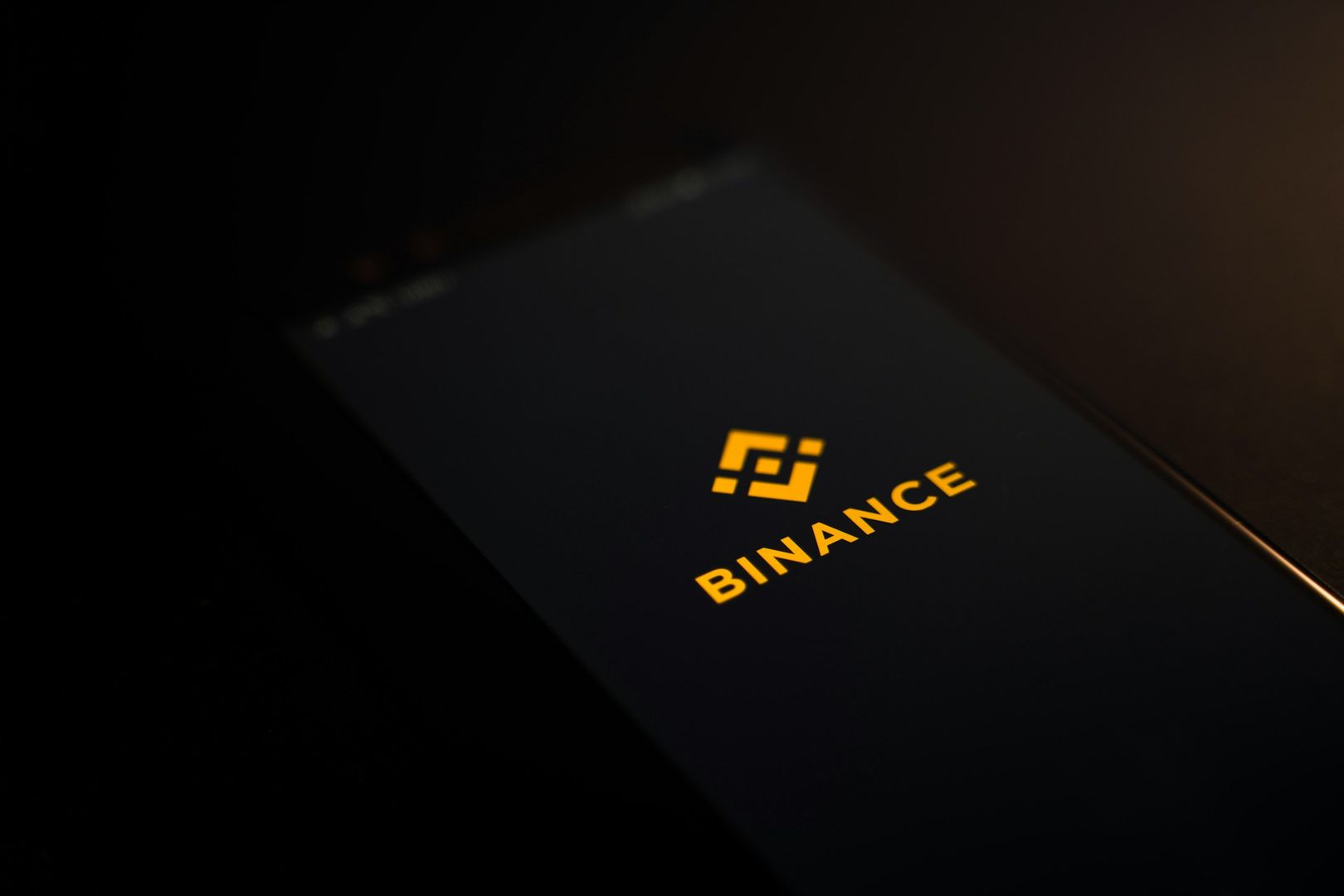
Binance has voluntarily announced compensation for users who incurred losses due to platform's disruptions late Friday that triggered a significant price crash in wrapped beacon ether (wBETH), Binance Staked SOL (BNSOL), and Ethereum's synthetic dollar USDe.
"Due to significant market fluctuations over the past 16 hours and a substantial influx of users, some users have encountered issues with their transactions. I deeply apologize for this. If you have incurred losses attributable to Binance, please contact our customer service to register your case," Yi He, co-founder and chief customer officer at Binance, said on X.
He added that the exchange will review account activity on a case-by-case basis to determine compensation, emphasizing that losses due to market fluctuations and unrealized profits are not eligible for compensation.
Binance's wrapped beacon ether (wBETH) price plunged to as low as $430 around 21:40 UTC on Friday, representing a staggering 88% discount compared to the ether-tether (ETH/USDT) spot price, which was trading above $3,800 at the same time.
The Binance Staked SOL (BNBSOL) also tanked to $34.90, trading at a massive discount to the spot price of solana. Meanwhile, Ethena's synthetic dollar USDe, which uses the delta neutral cash-and-carry, slipped rapidly to 65 cents around the same time as wBETH and BNBSOL crashed.
Explaining the crash
Tokens like wBETH and BNBSOL are designed to track the spot price of their underlying assets closely.
Binance valued these wrapped assets based on their spot market prices, as noted by AltLayer founder YQ Jia on X. Under normal conditions, arbitrageurs help maintain these prices close to their fundamental values by simultaneously buying the cheaper asset and selling the more expensive one.
However, as Binance's infrastructure came under stress due to increased market volatility and massive liquidations, market makers and arbitrageurs couldn't access the primary markets and execute trades efficiently, causing a breakdown in price alignment. It led to a crash in wrapped tokens.
"Binance represents perhaps 50% of global spot volume. When they [market makers] can't access Binance—either to hedge positions or even see prices—they're flying blind. Would you provide bids for wBETH at $2,000 when you can't see what's happening on the largest market? Of course not," Jia noted.
Jia added that market makers' inability to participate created a liquidity vacuum, reminiscent of portfolio insurance in 1987 – "mechanisms designed for normal markets that become procyclical accelerants during crashes."
Corrective measures
Within 24 hours of the crash, Binance announced a shift to using conversion-ratio pricing for wrapped assets.
Instead of valuing wBETH based on volatile and distressed spot market trades, the exchange would now price it according to the underlying staking ratio, which represents the actual amount of ETH each wrapped token represents.
The change means a more stable and accurate valuation during times of market stress by disconnecting wrapped token prices from short-term spot market fluctuations.
免责声明:本文章仅代表作者个人观点,不代表本平台的立场和观点。本文章仅供信息分享,不构成对任何人的任何投资建议。用户与作者之间的任何争议,与本平台无关。如网页中刊载的文章或图片涉及侵权,请提供相关的权利证明和身份证明发送邮件到support@aicoin.com,本平台相关工作人员将会进行核查。




